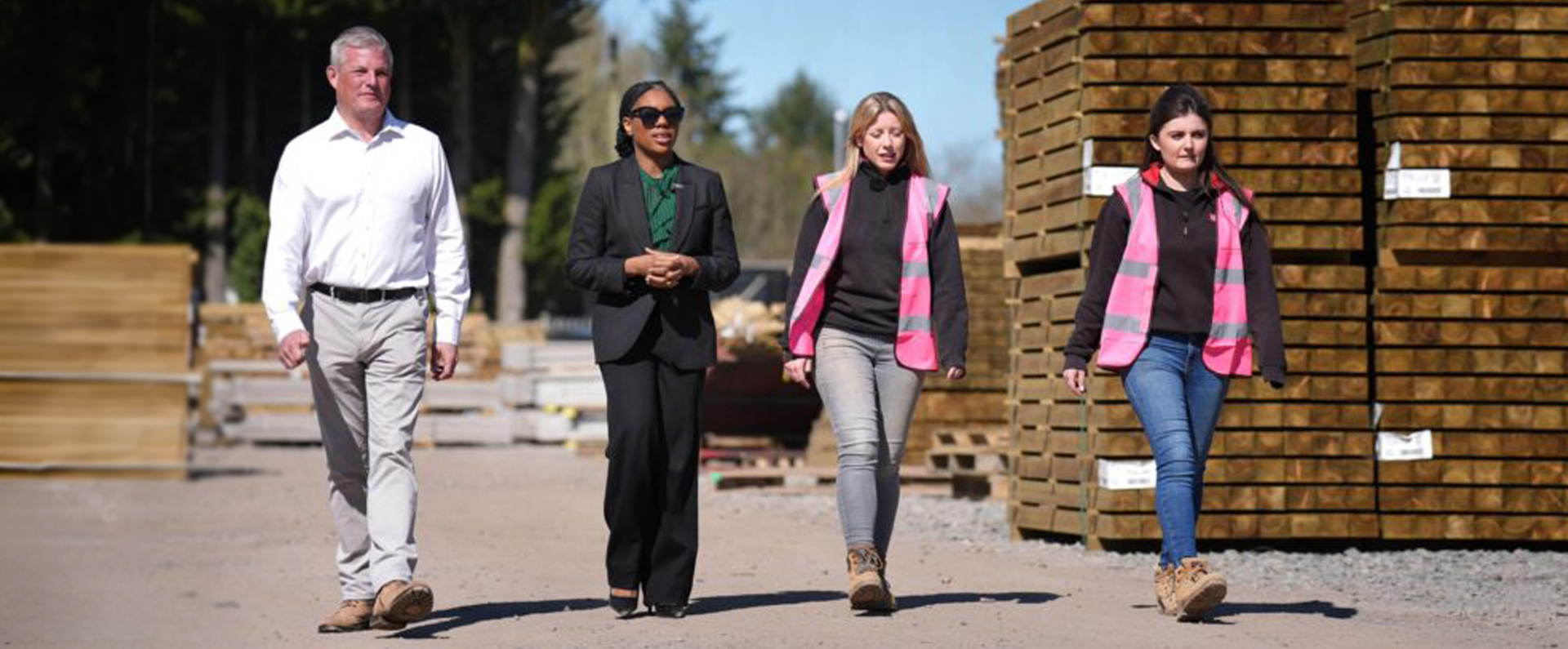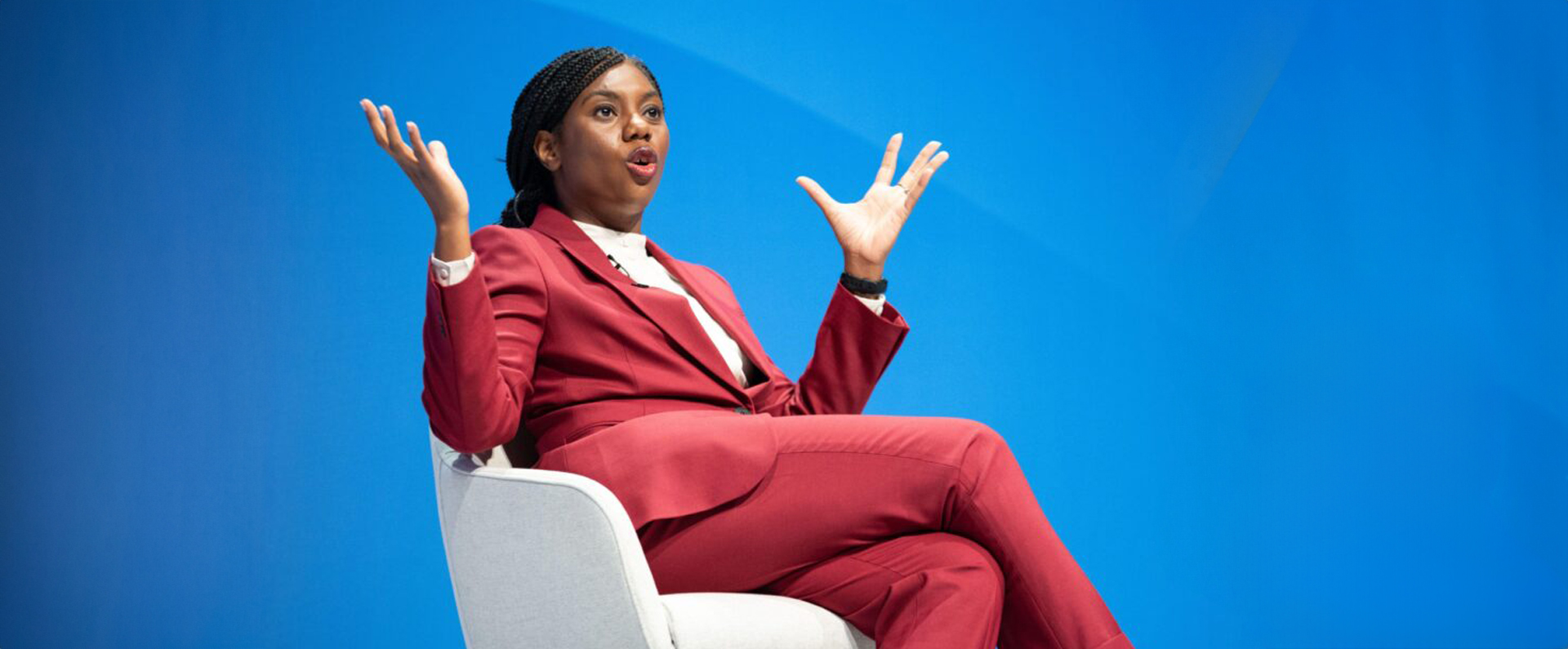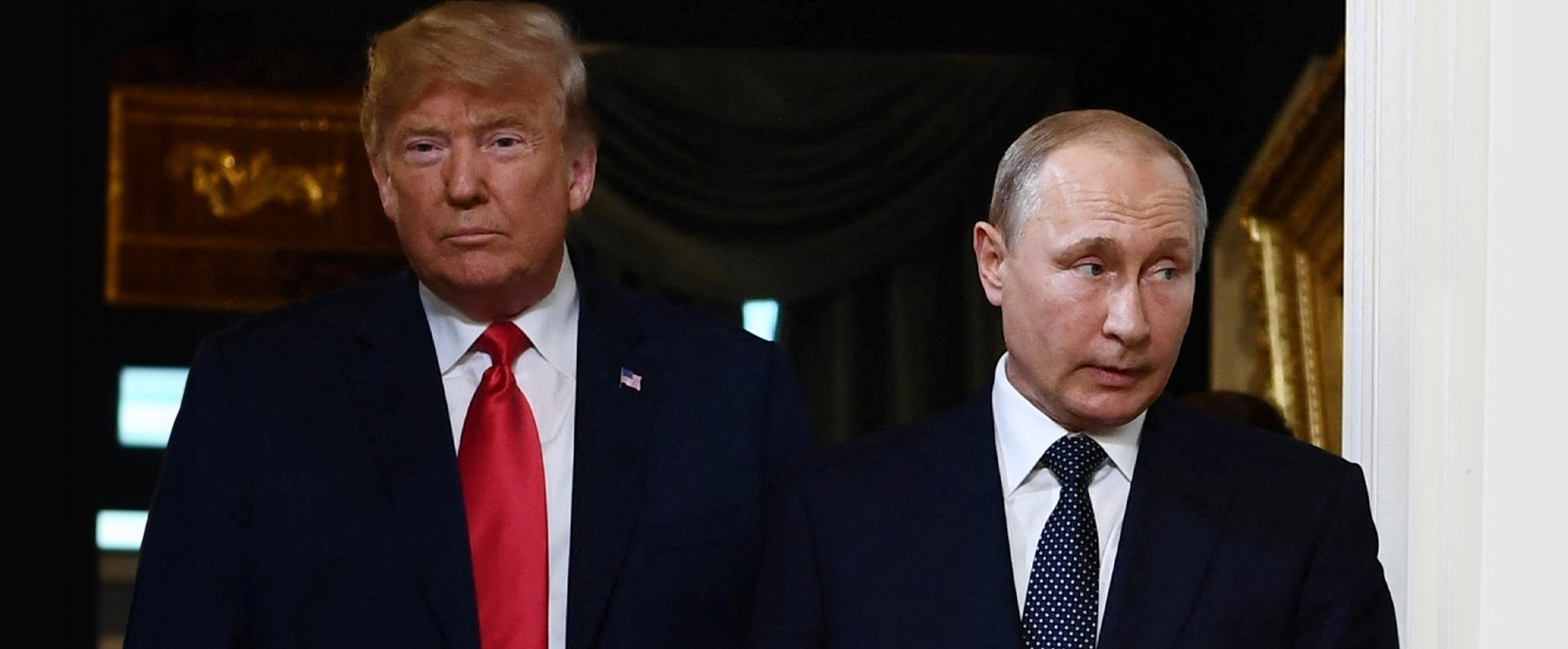
I wonder whether that confounded ad van has found its way to Birmingham. When the party launched its ‘Labour Isn’t Learning’poster last weekend I assumed it was a one-off stunt, but it seems they are appearing in London too, with matching leaflets going out all over the country. I said the posters were a juvenile waste of money which would only exasperate the voters we are supposed to be persuading – a view for which I have received a good deal of support, from Cabinet ministers as well as party activists. Not everyone agrees, though. I read somewhere that I had missed the point; the posters were not aimed at the voters at all but designed to show we were up for a fight. Really? Sounds like nonsense to me – but if our campaigning really is no longer aimed at the voters then things are worse than I thought.
Grant Shapps, our new Chairman asked to come and see me last week. I wondered what I might have done to upset him recently (I mean, apart from denouncing his poster, and criticising the party’s international aid policy, and questioning the reshuffle. Oh, and panning the strategy for attacking Ed Miliband, and pointing out that a third of 2010 Tories now say they might for someone else. I think that’s all). I prepared myself for a telling off. Unfortunately urgent CCHQ business intervened and he had to cancel, so I am still waiting for my reprimand – if indeed a reprimand was what he had in store.
My polling (all of which you can read at lordashcroftpolls.com– why not visit and sign up to receive free alerts whenever new stories appear?) is designed to help us achieve the majority we all want by telling us something about the voters we need. Project Blueprint explores how we can appeal simultaneously to previous Tory voters now tempted by UKIP, and to former Lib Dems who might vote Conservative. My latest report, Blue Collar Tories, looks at the “suspicious strivers” who share what we like to think of as Conservative values but have moved to Labour since 2010. A good sign that the work is taken seriously is that I am sometimes asked to write about it in unexpected places – my latest assignment is for The People.
Some lament that polling has become a substitute for leadership, but that is not what it is for. For one thing, politicians inevitably overestimate how much attention people are paying to them, so research can be a useful reality check. My polling over the summer, for example, revealed some confusion in the public mind over UKIP, specifically the name of its leader. A surprising number of people believe Mr Farage is called Mr LaFarge. A minority – quite a small minority, admittedly – think his name is Mr Fromage. (This surely has implications for the EU referendum debate; it is just a matter of working out what they are.)
Speaking of UKIP, some in that party have imagined, on the basis of some of the things I have written about the government, that I might be open to overtures. I have responded politely but firmly that I am not. I am a Conservative and I want the Conservatives to win.
How to win the majority we want will be a major theme for ConservativeHome’s conference events – not least this evening’s joint party with the 1922 Committee, generously sponsored by Clifford Chance, at the Marco Pierre White Rooftop Restaurant (“stylish” and “ultra-modern” according to its website, just like the ’22). We have a surprise guest speaker. I can exclusively reveal that it is not Clint Eastwood, who has given up politics after his somewhat surreal appearance (which I must admit I rather enjoyed) at the Republican Convention.
One person you won’t see at Party Conference this year is Andrew Neil. I don’t think you’ll see Jeremy Paxman either. Nor Huw Edwards. The BBC has decided not to send all its star anchors to any of the party conferences. Instead they will stay in London and talk to BBC correspondents or interviewees live from the new hi-tech Broadcasting House or Millbank political studios, rather than face-to-face. The reduction in hotel and travel bills will save the BBC an amazing £500,000 – so much that it’s enough to pay more than half of Paxo’s £800,000 annual salary.



